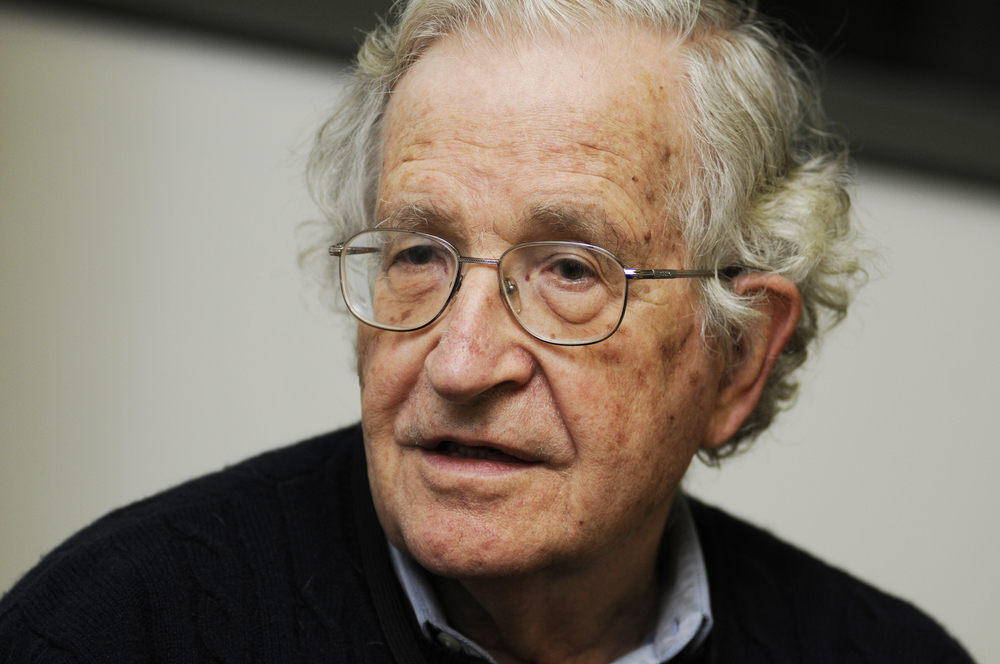Noam Chomsky. Education and discussions
FOR STUDENTS
Noam Chomsky is an iconic person of modern science. He is famous not only for his work as a linguist, a philosopher, a cognitive scientist, and a historian, but also as a social critic, and a political activist. In his interview of 2012 for the Learning without Frontiers Conference the Institute Professor and Professor Emeritus at MIT touches plenty of fundamental points concerning education and its purpose.

Chomsky reveals modern education what it is, in other words shows its positive and negative sides. No doubt this video is worth watching; also we noted some central ideas of that above 20 minutes speech. He is deffinitely outstanding researcher worth to be on website of our essay writing service!
Two Types of Education
Chomsky distinguishes two main types of purpose of education system – the “traditional” one that came from the Enlightenment, and the “indoctrination” one. The first concept follows and interprets the widespread enlightenment value that “the highest goal in life is to inquire and create.” According to it, the purpose of education is “just to help people determine how to learn on their own.” You have to master your skills and knowledge, use it, and produce something new for yourself and for others. The second conception is “essentially indoctrination” and relates to Indoctrination. It provides that human from early beginning should have some frames and except them, in other words education system is controlled, and we follow kind of orders at school and in higher education institutions. In Chomsky words, nowadays there is a struggle between them – to train for passing tests or to train for creative inquiry, to work alone or cooperate with others.
Education and the Impact of Technology
Chomsky stresses that technology is generally neutral, it’s like a hammer. We can use it to build or to kill somebody in a very violent way. The same situation with the Internet; information and other sources are very valuable things, but as a speaker says “You have a kind of a framework of understanding which directs you to particular things” and “sideline lots of others.” As we see, ability to filter huge streams of datum and choose appropriate facts you are searching for is the most significant point, otherwise no connection of technology and education will arise.

Education: Cost or Investment
People often view education as a worthwhile investment, but to be honest it’s a misunderstanding. On the whole, education is “a value in itself”, no matter what influence it has on society. Chomsky thinks over what we want to get as a result – high economic indexes or “a society free, creative individuals to gain from the past and to add to them.” Author recommends paying attention to the new technology if you prefer to consider education in terms of benefits. The basic character and tools of technology were established many years ago thanks to a huge amount of successful and unsuccessful attempts of scientists, philosophers, engineers and many other people. This is called a technical and cultural progress, that rises on the ground of cultural and education systems.

Assessment vs. Autonomy
From the very beginning and towards passing examinations your education is shaping, but the test is only a means for student to see what he/she knows and what not, for instructors it is a chance to find what should be changed or how develop their course. Chomsky shares his experience of being on admissions committees, where the members didn’t give the decisive role to test results, as any person may be perfect on tests, but understand very little. It’s a common situation almost for everybody when we pass some test and in few days we can hardly recall what it was about. “Eliminated teaching ought to be inspiring students to discover on their own”, says Chomsky projecting it to the whole education system. “Education is really aimed at helping students get to the point where they can learn on their own.”


